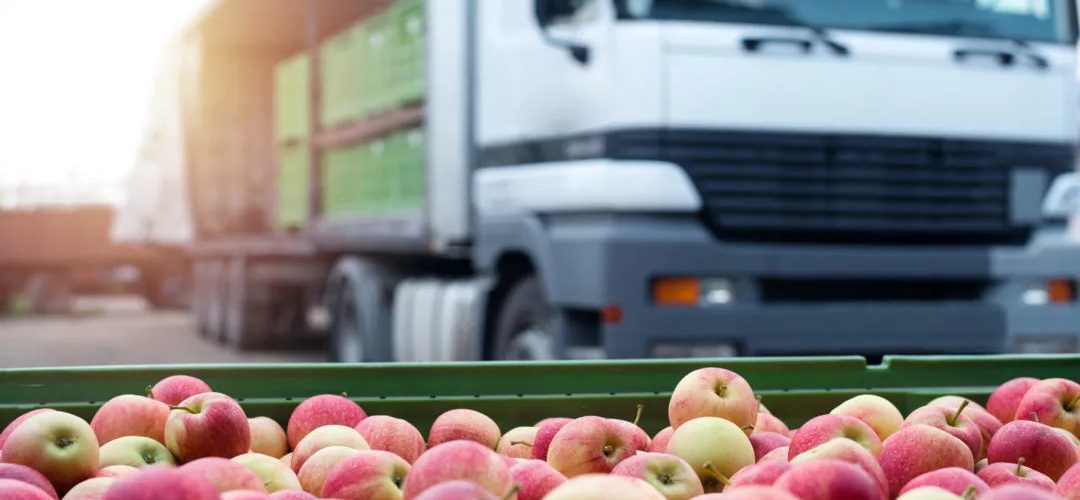One of the industries in the UAE that is expanding the quickest is the food and beverage (F&B) sector. The fact that Dubai is the melting pot of a people from all over the world with cosmopolitan tastes, high disposable income, luxury, and flashy lives in addition to a thriving tourism industry is driving this sector’s continued expansion. The COVID-19 epidemic caused a significant setback for the entire sector, but things have swiftly recovered. In certain areas, the rebuilding process has further accelerated thanks to people’s retaliation travel, dining, and shopping. A sector that has had significant growth also faces a number of difficulties that raise important concerns about how this business can keep up its momentum.
However, given how the UAE Government has dealt with these obstacles—in addition to encouraging the development of a number of industrial sectors and shipping firms (logistics will be crucial to maintaining the food supply chain)—it should come as no surprise that the F&B sector is well-positioned to overcome these difficulties.
The Obstacles That Raise Some Important Questions
The food and beverage (F&B) business is not only the most lucrative in the world, but it is also the most cutthroat. In the UAE, the same holds true. Newer trends and smart ideas to draw in more clients continue to develop in this area as a number of new companies enter the market at a quick rate, leaving firms with little time to unwind. In order for businesses in this sector to continue experiencing the unprecedent growth they are known for, a number of additional challenges to supply chain management, including rising costs, food safety, product traceability, secured supply chains, and a constant need to keep up with the evolving technology, must be skillfully addressed. Let’s take a closer look at these difficulties.
Cost increases: There has never been a time when it was more important than it is today to maximize productivity and cut costs throughout the supply chain. The grocery retail business is becoming increasingly consolidated, and labor costs are rising. Because fewer retailers are carrying the lion’s share of the burden in a concentrated retail sector, they have more control over cost. Additionally, consumers are growing more cost-conscious and favor larger stores that offer inexpensive goods. This scenario has the potential to completely eliminate smaller market players, placing total control of the supply chain in the hands of a select few major firms.
Secure Supply Chain: Food firms must comprehend and get to know everyone engaged in the manufacture and distribution of the products in order to identify the dangers in the supply chain. The informed consumer of today also wants to know where the food and other products are coming from. End-to-end transparency will improve the process’s transparency, trustworthiness, and efficiency while also reducing inventory.
Product traceability: The UAE government closely monitors the production, processing, and distribution of all food items. This is done to make sure that only the highest-quality items are delivered to clients and that there are very few opportunities for contamination or other wrongdoing. Food firms must have a plan in place that will allow them to track their orders and the entire supply chain of the food goods in order to ensure that all of this is recorded and handled. Implementing this is a tremendous task.
Food safety: It is challenging to produce and preserve food because of the climate and other geographical factors, such as the intense heat and small amount of fertile land. Most of the food that the UAE needs is imported, which makes the supply chain more difficult because food tends to spoil during cross-border shipping.
Measures To Address These Issues
Despite the numerous obstacles, the UAE government is making every effort to improve the F&B industry’s supply chain. Here are a few steps you may take to improve your supply chain management.
Use of the Logistics Sector Efficiently: The UAE must rely on its thriving and capable logistics sector, which has multiple operators deserving of being trusted with managing this intricate supply chain process. The supply chain issue for food goods can be effectively solved by logistics companies thanks to their extensive global networks, top-notch infrastructure, and knowledge.
Government Rules And Regulations: The UAE government has been proactive in assisting the food and beverage sector, particularly logistics firms to ensure that the supply chain is maintained and that there is a low amount of food waste. Making rules and regulations even more streamlined can guarantee that there are no gaps in the procedures.
Consumption and Supply: The F&B sector offers a wide variety of food options. Different locales and time zones have varying levels of demand for these goods. Due to the need to monitor demand and supply, this presents a huge problem for supply chain management. Companies utilize smart devices such as shelf sensors, smart bottles, smart labeling, and developing technologies to address this issue in order to deliver good outcomes.
Demand forecasting: is a strategy that has the potential to significantly address the problem of supply chain disruption. Numerous businesses in the United Arab Emirates are using sophisticated systems to forecast demand and supply as a result of the wide variety of products available on the market and their fluctuating demand in order to make sure that they can provide and supply the necessary products at the appropriate time to the appropriate customers.

